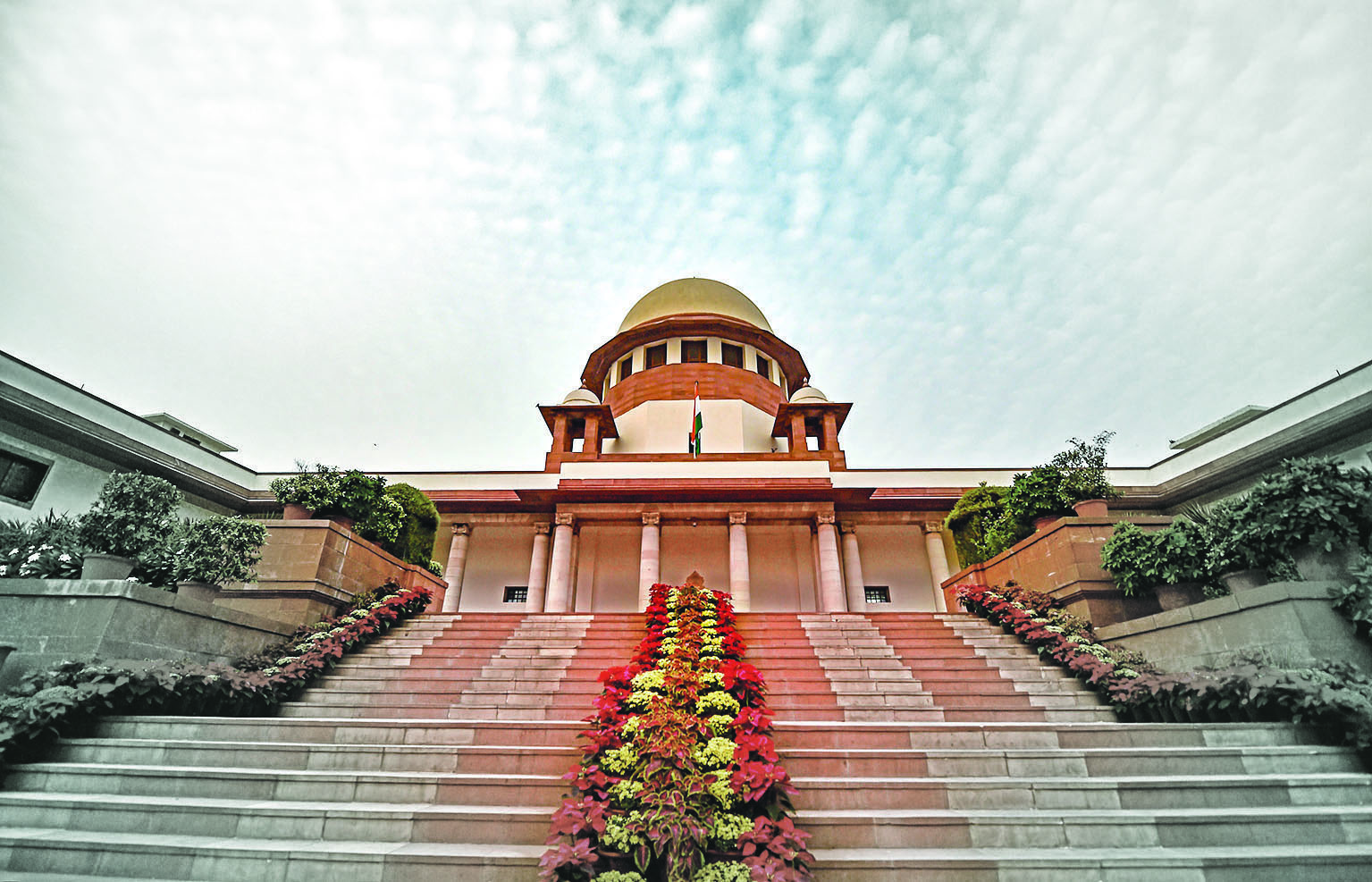Bengal’s suit against Union over CBI’s jurisdiction ‘maintainable’, says SC
TMC: The development is ‘victory of Indian Constitution & cooperative federalism’

Kolkata: The Supreme Court of India on Wednesday held that West Bengal’s suit against the Union of India over CBI’s power to probe cases in Bengal despite the state having revoked its consent under Section 6, Delhi Special Police Establishment Act (DSPE) is “maintainable”.
The apex court bench comprising Justice BR Gavai and Justice Sandeep Mehta, while reading out the operative part of the order, is learnt to have stated: “We find the present suit is raising a legal issue whether after the withdrawal of the general consent, the CBI can continue to register FIRs and investigate cases in violation of Section 6 of DSPE Act…”
The case concerned state’s objection pertaining to CBI registering FIRs in respect of the offences in Bengal despite the state having withdrawn its consent in November 2018 from allowing the Central probe agency to carry out investigation in the state. It was also contended that the CBI is functioning under the superintendence of the Central government.
The bench also set aside the preliminary objections raised by the Union and rejected the argument that the state had suppressed material facts in the plaint. The court instead held that West Bengal’s plaint disclosed a “cause of action”. The court observed that to determine the maintainability of the state’s suit, the averments in the plaint have to be taken at face value. The bench clarified that the suit will proceed and its present findings are only for determining its maintainability and will have no bearing on the final decision.
West Bengal’s suit was filed against the Union under Article 131 of the constitution which deals with the apex court’s original jurisdiction in a dispute between the Centre and one or more states.
Representing the Union, Solicitor General Tushar Mehta objected to this and learnt to have argued that Article 131 did not extend to the CBI which is not a part of the Union and is instead an independent legal entity. He also argued that the suit is against the Union and was not against the CBI. Mehta argued that the FIRs mentioned in the suit also contained ones registered by CBI on the order of the High Court. He contended that the suit be dismissed.
Appearing for the state, senior advocate Kapil Sibal argued that the Union cannot allow its probe agency to enter the state once the consent has been withdrawn pointing out that the consent to CBI is a privilege granted by the state.
The next hearing of the case is scheduled on July 13, 2024.
Meanwhile, Trinamool Congress on Wednesday welcomed the Supreme Court’s decision on the Bengal government’s plea opposing CBI probes in the state without its consent.
Calling the development a “victory of Indian Constitution and cooperative federalism,” Trinamool national spokesperson and former MP Dr Santanu Sen said: “The CBI which was formed in the year 1963, were very much able to prove themselves as the most trustworthy political wing of BJP. They are especially being utilised in the Opposition-ruled states to gain the political benefit of the BJP. In our state in November 2018, the general consent for CBI was withdrawn. It was revoked and it was notified in the Parliament as well. Tamil Nadu, Telangana and 10 other states have withdrawn this general consent.”.



